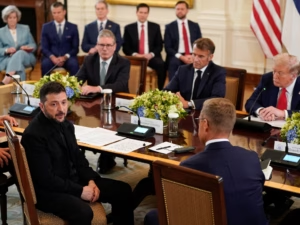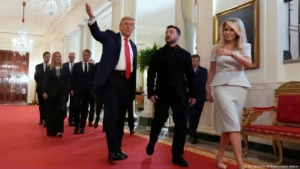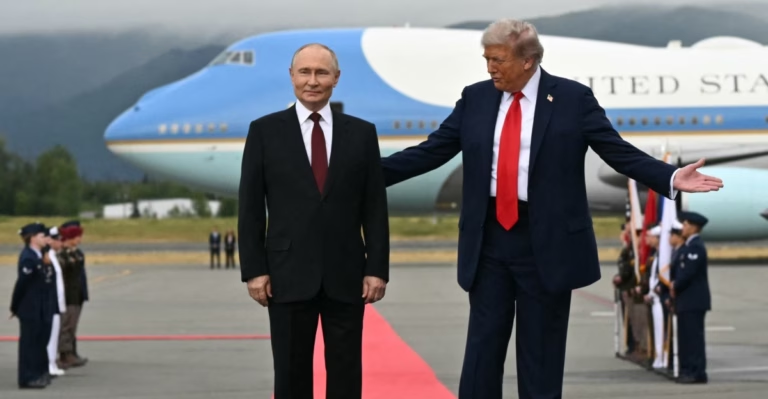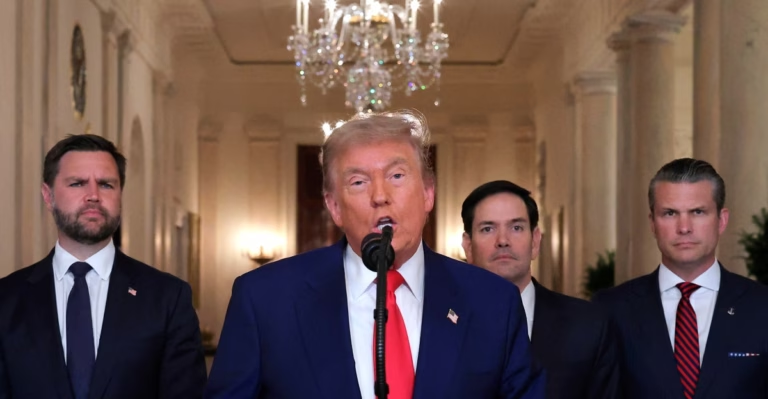The past week has seen Washington in disarray over the invitation of a key journalist to a private Signal group chat between key officials from the Trump administration discussing an upcoming military operation. This incident has overshadowed the real issue at hand: an imminent strike planned on the Houthis, an Iran-backed militant group that controls significant portions of Yemen.
The conversation in the Signal chat about a strike against the Houthis has sparked very little discussion regarding the fact that an administration that pledged to reduce U.S. military engagement is now carrying out almost daily airstrikes in Yemen. This development has left many questioning the motives and potential outcomes of these strikes.
The Houthis’ mass missile and drone attacks on shipping through the Red Sea had initially led to the U.S. and several European countries launching a military effort to safeguard maritime transport. However, the Houthis’ attacks continued despite this effort. Their attacks only subsided when a ceasefire between Israel and Hamas took effect this January, but the threats against Israel-linked shipping resumed when Israel restarted its strikes on Gaza on March 18.
In mid-March, the Trump administration launched their own airstrikes against the Houthis. Unlike President Biden’s approach, Trump’s strikes seem to focus on targeting senior Houthi leaders personally. While the strikes have reportedly killed several high-ranking Houthis, the strikes’ accuracy and legality are under scrutiny. Some experts believe that these strikes may contravene the 1973 War Powers Resolution, which requires the president to report to Congress on the legal reasons for military action and limits unauthorized engagements to 60 days.
Trump’s administration has defended these strikes as an effort to protect the Red Sea shipping lanes and restore deterrence efforts. In fact, Trump has vowed to continue these attacks until the Houthis stop their assaults on shipping. He also held Iran, the Houthis’ main supporter, responsible for these incidents and alluded to potential dire consequences for Iran, despite his intention to negotiate a new nuclear deal.
While the strikes may have inflicted significant damage on the Hou.this group, their willingness to withstand heavy casualties and their ideology of resistance against Western military power imply that success may not be guaranteed, and that, like other administrations this century, Trump’s second term might witness an increase in military involvement in the Middle East.
Source: https://www.vox.com/politics/406123/houthis-yemen-trump-bombing








